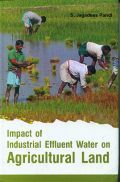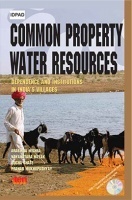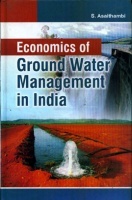With governments unable to cope with increasing demands for drinking water and sanitation services, private investment and community initiatives are needed to augment their efforts. However, the peculiarity of water and sanitation in terms of being basic necessities makes non-governmental participation complex. Recognizing this, the United Nations Development Programme, in consultation with the Department of Economic Affairs, Government of India, commissioned TERI to prepare a discussion paper that would develop a reform agenda for drinking water and sanitation in India. Building on the paper, this book presents a reform strategy for the drinking water and sanitation sectors in a market-oriented economy, addressing institutional, regulatory, and legislative aspects. This book is meant for professionals in municipal administration, a profession where the traditional focus is shifting from engineering- and planning-driven approaches to financial- and managementoriented ones. It is also directed at policymakers to help them appreciate the implications of economic liberalization and market-oriented policy approaches on the management of environmental infrastructure.















